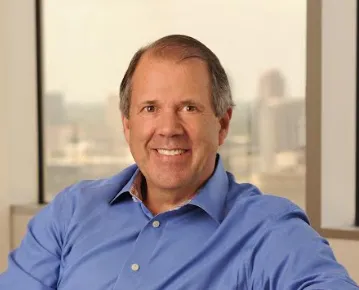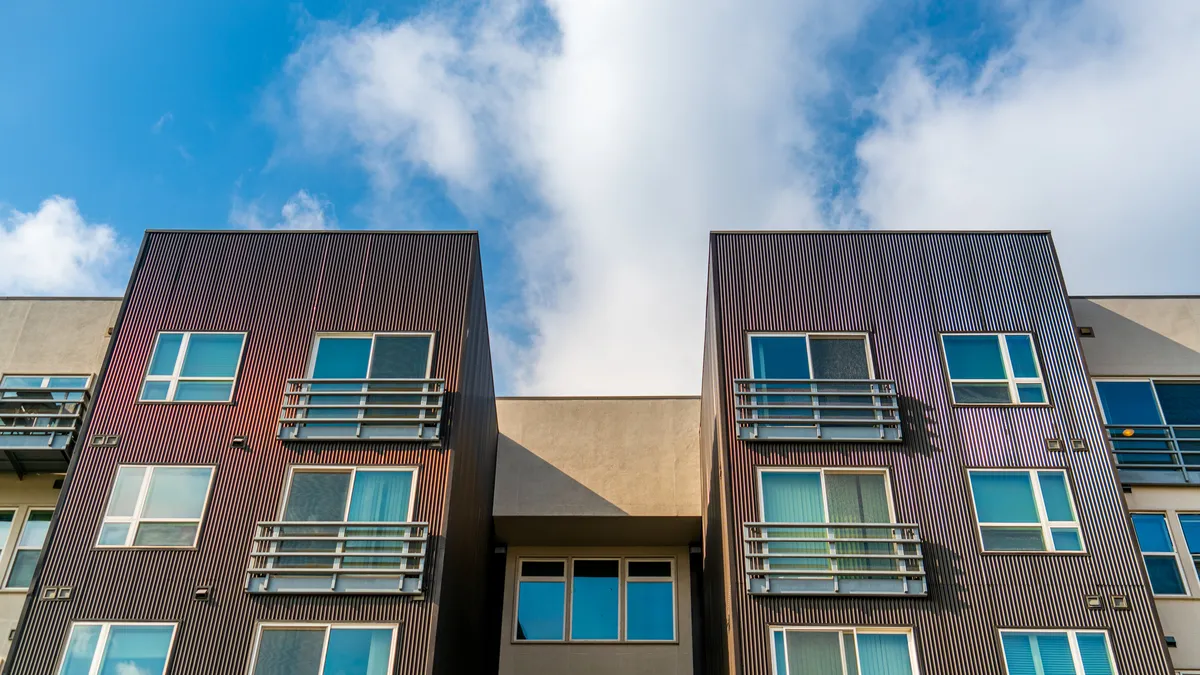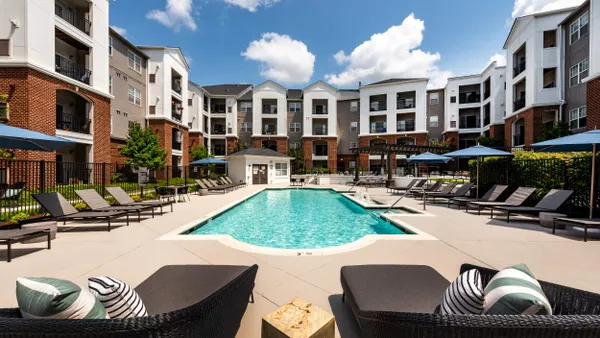This story is the third in series looking at the effect of rising interest rates on the U.S. multifamily sector. Click here for the second article.
In May, apartment properties continued to trade for prices never seen before, but, as interest rates rise, some observers wonder how sustainable these sky-high valuations can really be.
The Real Capital Analytics Commercial Property Price Indices (CPPI), a gauge of apartment prices, jumped 23.7% year over year in June, according to MSCI.
Yet as rising borrowing costs push buyers to ask sellers for discounts and chase other would-be investors off the market, these observers see a climate where apartment prices have to fall.
“Values have to come down,” said Aaron Cohen, chief operating officer of Woodland Hills, California-based apartment owner CGI+. “There were truly unjustified values for a lot of these properties that were selling at under 3% cap rates.”
But Cohen’s way of thinking isn’t universal. Others say an enduring interest in apartments from investors worldwide and strong fundamentals will continue to prop-up values.
Is a fall coming?
Earlier this year, CGI+ put three apartment communities in Southern California on the market. But after gauging the market and determining it couldn’t get the price it wanted, the firm pulled them off.
Apartment volumes and prices have skyrocketed
| Year | Overall volume | CPPI | Price change |
| 2017 | $118.5 billion | 151.0 | 10% |
| 2018 | $132.9 billion | 166.0 | 10% |
| 2019 | $150.7 billion | 182.2 | 10% |
| 2020 | $112.1 billion | 196.1 | 8% |
| 2021 | $249.6 billion | 242.4 | 24% |
SOURCE: MSCI
Cohen estimates that prices fell 10% below the broker’s opinions of value. Over the next six months, he expects values to drop between 20% and 30%.
“It's just the beginning right now,” Cohen said. “If interest rates keep going up, the value has to go down or else people are telling investors to expect way lower returns.”
Others, like, CEO and founder of Houston-based apartment owner Nitya Capital, agree.

“I think the pricing is going to come down on these assets a lot,” Agarwal told Multifamily Dive. “This is just the beginning.”
Daniel Jacobs, partner and head of credit at New York-based ACRE, an institutional fund manager that invests in multifamily properties as an owner and a debt provider, said the biggest risk in the interest rate environment is that rates could move so dramatically that they would put pressure on borrowers to pay debt service.
“I don't think we're there yet,” he said. “What we're keeping an eye out for is what's to come 12 to 18 months from now. If rates rise and financing becomes more expensive, it will continue to push on values.”
Capital to the rescue
For the past couple of years, capital has come in from across the globe to buy American apartments — and some indicators show that interest in the apartment sector still continues to grow. MSCI says the number of unique buyers in the market was 13% larger in the second quarter of 2022 compared to the same period in 2021.

Some of those in the market are all-cash buyers, meaning they don’t have to deal with interest volatility, according to Ric Campo, CEO of Houston-based Camden Property Trust. The REIT, which can issue stock and buy with equity, is one of these cash buyers.
“There's still a tremendous amount of capital that is trying to find a home,” Campo told Multifamily Dive in May.
Will fundamentals continue to prop up values?
Record-high rents fueled the demand for apartments over the last year. While rent growth will likely moderate, the supply-demand dynamics for multifamily are still strong.
“People are paying high prices on a relative basis, but they're also getting substantial growth,” Campo said. “That's why we have a fairly decent bottom in terms of pricing. You're just not going to see prices falling with this kind of revenue growth.”

If rents decrease, values could get hit. But Jacobs doesn’t see that happening anytime soon. “The fundamentals in multifamily are still strong,” he said. “We continue to see strong rental increases and very, very strong occupancy. Our portfolios perform extremely well.”
In fact, volatility in the economy could boost the sector even more. Kyle Draeger, senior managing director of multifamily debt and structured finance at Los Angeles-based CBRE Capital Markets points out that apartments are often seen as the safest commercial asset class in times of turmoil: “If you are cycling into something, you're probably cycling into multifamily,” he said. “And affordable housing is even better from a stability perspective. There are no liquidity issues.”
Click here to sign up to receive multifamily and apartment news like this article in your inbox every weekday.











